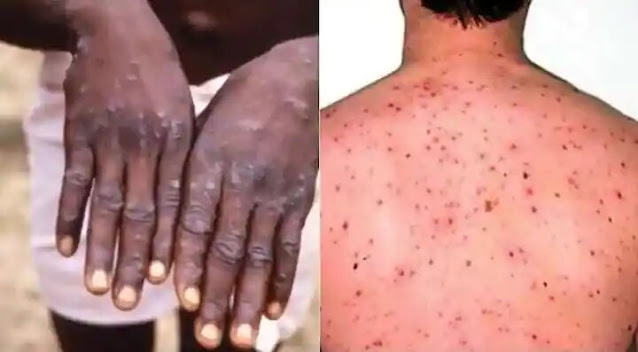What is Monkeypox |Causes, Symptoms, Treatment | Fit Archive
What is Monkeypox |Causes, Symptoms, Treatment | Fit Archive
Monkeypox is a serious infection caused by the monkeypox virus infection. Monkeypox virus is a member of the Orthopoxvirus genus in the Poxviridae family. Variola virus (which causes smallpox), vaccinia virus (used in the smallpox vaccine), and cowpox virus are all members of the Orthopoxvirus genus. Chickenpox is not related to monkeypox. Monkeypox was detected in 1958 after two outbreaks of a pox-like illness in study groups of monkeys. It is mostly transmitted by human contact with infected rodents, but it can also be transmitted through skin-to-skin contact with an infected person.
Monkeypox virus has two prominent kinds (clades): one that arose in Central Africa and one that originated in West Africa. The less severe West African clade is responsible for the current global outbreak (2022).
What Causes Monkeypox?
In areas of western and central Africa, monkeypox can be transmitted by infected rodents (such as rats, mice, and squirrels). If you are bitten or handle an infected animal's blood, bodily fluids, spots, blisters, or scabs, you might contract monkeypox. Some Monkeypox can also be transmitted from person to person via:
- touching the clothing, bedding, or towels of someone who has the monkeypox rash
- skin blisters or scabs from monkeypox
- coughing or sneezing of a person with monkeypox
What are the Symptoms of Monkeypox
- backache and muscle pains
- a headaches
- a blazing temperature
- shuddering
- exhaustion
- glands swelling
Treatment of Monkeypox
Monkeypox is comparatively benign, and most patients recover without therapy within a few weeks. However, because the virus can spread through intimate contact, it's critical to separate yourself if you've been diagnosed.
If your symptoms are minor, you may be asked to isolate yourself at home.
You may be offered a vaccine to lower your chances of becoming critically unwell.
If your symptoms are severe or you are at a higher risk of becoming extremely ill (for example, if you have a weaker immune system), you may need to be admitted to a specialized hospital until you recover.
Prevention of Monkeypox
The most effective strategy to help prevent the transmission of the monkeypox virus is to:
- When you're with other people, wear a mask that covers your mouth and nose.
- Surfaces that are often touched should be cleaned and disinfected.
- When caring for patients infected with the virus, wear personal protective equipment (PPE).
- Cook any items containing animal flesh or components thoroughly.
- Hands should be washed often with soap and water.
- Avoid contact with persons who may have the infection.
- Make use of condoms and dental dams when having intercourse.
- Avoid coming into touch with diseased animals (especially sick or dead animals).
- Avoid coming into contact with polluted bedding and other objects.
A smallpox vaccination protects against monkeypox, although it is presently only used in clinical studies. Prevention relies on reducing human contact with diseased animals and restricting person-to-person transmission.
Should I worry about monkeypox?
It is a potentially fatal illness. However, if found early, and depending on the strain, it may not be. The recent cluster of infections is caused by a milder strain. However, monkeypox infections have resulted in deaths.
How long does monkeypox last?
The monkeypox virus infection begins with an incubation phase. During this time, a person is not infectious. The typical incubation time is 7- 14 days, however, it can be as short as 5-23 days. A person may not exhibit any symptoms and appear to be in good health.







No comments